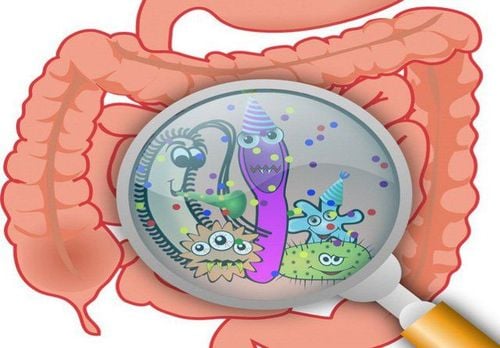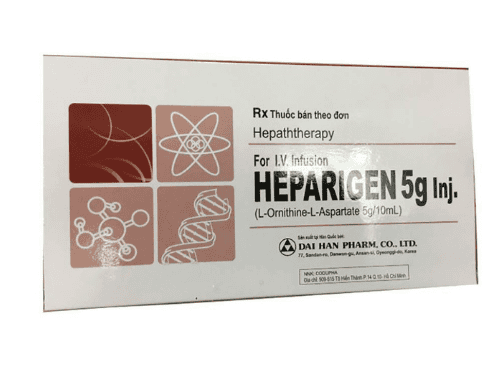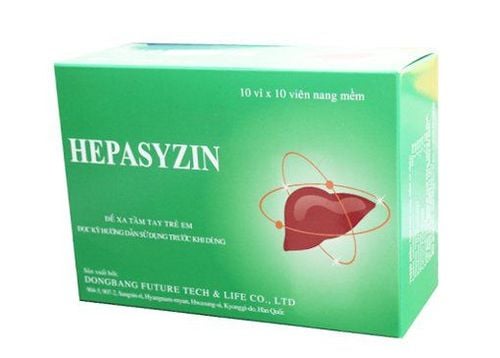This is an automatically translated article.
A liver transplant is a surgery in which doctors replace a diseased liver with a healthy one, either from a living donor or from a brain-dead donor. In most indications, liver transplantation is the only way to save life as well as prolong survival most effectively for patients with liver diseases.Indications for liver transplantation Common indications for liver transplantation in adults are:
End stage cirrhosis (decompensation) with complications (caused by alcoholic cirrhosis, or chronic hepatitis B) Acute liver failure (Enlightened) Paracetamol toxicity, Acute exacerbation of chronic viral hepatitis...) Liver cancer (HCC). Indicated with Milan criteria (1 solitary tumor ≤ 5 cm or up to 3 tumors ≤ 3 cm). Indicated with UCSF criteria (1 solitary tumor ≤ 5 cm or ≤ 3 tumor, largest tumor ≤ 4.5 cm with tumor size ≤ 8 cm). Biological criteria (usually applied in Japan, Korea): AFP and PIVKA II <200 Common contraindications for liver transplantation: Severe acute liver failure – hepatic coma with irreversible cerebral edema. Liver cancer is too large, exceeding the above criteria; or have had distant metastases (bone, lung...).
Liver transplant procedure If the patient is in poor health, the doctor may require hospitalization for monitoring. The patient will be examined and have necessary tests, considering the following factors:
Health status and medications being taken Life habits (for example: Drinking alcohol, using drugs or smoking) Family members and support system Not every patient who comes to a liver transplant center can have a transplant. Patients will be evaluated for certain liver transplant conditions:
Have severe liver disease that has not been treated by other methods No serious heart or lung disease. If you have chronic obstructive pulmonary disease that requires monitoring and attention Screen for no other cancer (other than liver cancer) Do not drink alcohol or use stimulants Ready to take medication for life after surgery jutsu
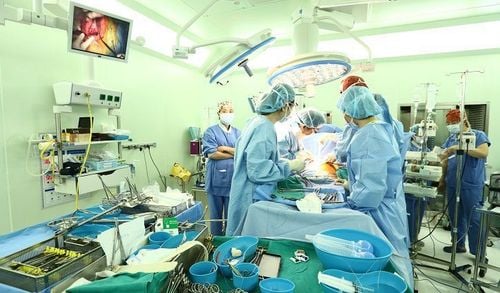
Suitable for blood group (ABO, Rh) with patients without hepatitis B, HIV, cancer diseases CT Scan: estimate liver volume and right and left liver sections. (The part of the liver left behind after donating should be >= 40% of the original liver). There are no important structural abnormalities of the hepatic artery, portal vein, and hepatic vein.. Magnetic resonance imaging: estimation of liver fat (<10-15%), bile tree reconstruction.. After the surgery, both the donor and the recipient of the liver must be monitored before going home. For donors, the usual follow-up period is about 10 days after surgery. For recipients, the average follow-up time was 30 days. Your doctor will do periodic tests to make sure your new liver is working properly. A person who receives a liver transplant will need to take anti-rejection medication for life, to help the body accept the new liver. Normally, the immune system keeps people healthy by attacking foreign invaders, so the immune system tends to reject the graft. Therefore, to avoid the occurrence of new liver rejection, it is necessary to suppress the immune system.
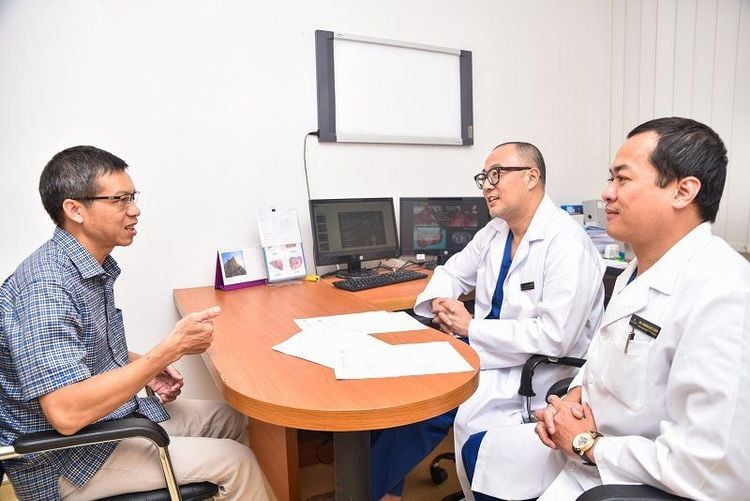
Reject new liver: Some patients, despite taking anti-rejection drugs, the body still does not accept the new liver Disease Recurrent liver disease: There are some liver diseases that can recur after transplantation. Side effects of anti-rejection drugs: The drug has short-term side effects. For example, medication increases the risk of getting an infection. The drug also has long-term side effects. For example, drugs may increase the risk of certain types of cancer
Please dial HOTLINE for more information or register for an appointment HERE. Download MyVinmec app to make appointments faster and to manage your bookings easily.




